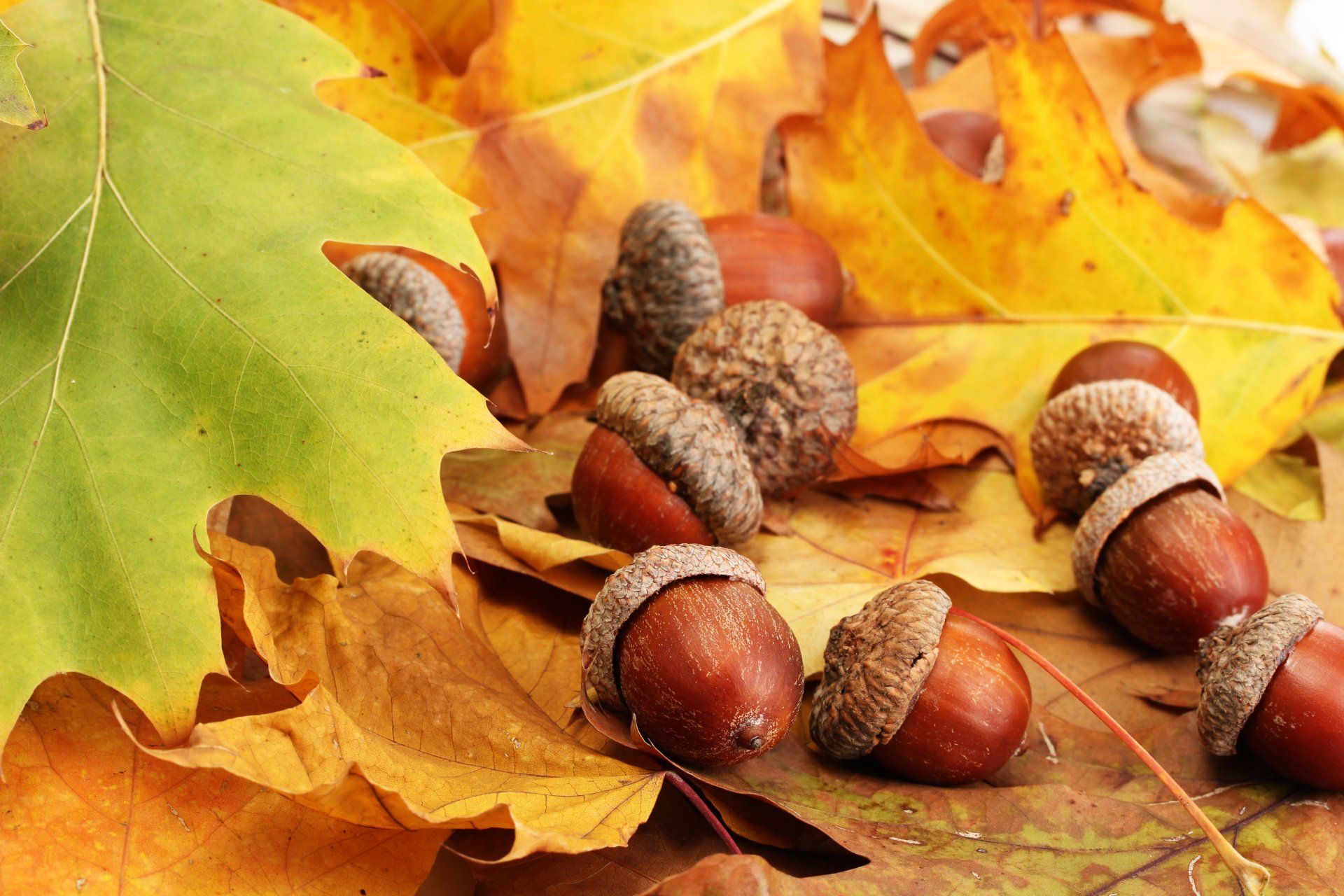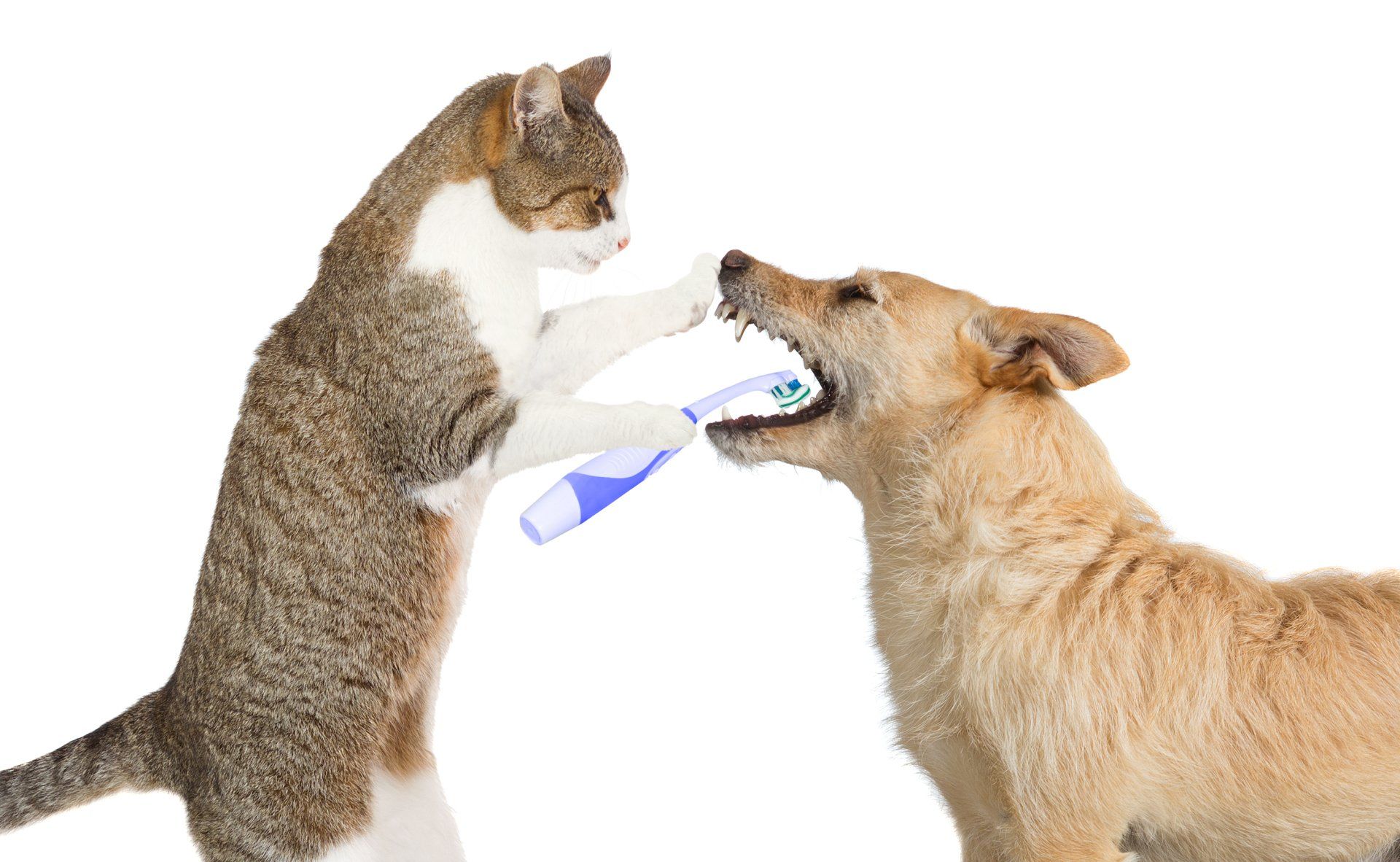
Why a small acorn can become your dog's worst nightmare...and yours too.
Fall is making her spectacularly beautiful entrance as the trees put on a glorious display of color and as the temperature starts to fall, so do the acorns. Acorns are one of the many signals of the passage from summer to autumn in New England, as are the squirrels foraging for them. When it comes to your dogs, foraging for acorns is not a great idea, in fact, acorns pose several big health concerns if ingested by a dog.
Acorns contain large amounts of gallotannins, which are compounds that belong to the class of Tannins. Tannins are quite common in many plants, stored in various parts of the plant, leaves, stems, seeds, buds and roots. Tannins can have a beneficial effect in small amounts as antioxidants for humans and can be found in many foods, beverages and even medicines. In acorns the tannin levels are so high that it can cause toxic effects if ingested. If certain species of animals eat enough acorns to equal just 6% of their body weight, there will be severe toxic consequences to pay. The resulting conditions caused by tannin toxicity can be severe stomach upset, kidney damage, ulcers and even seizures.
Although the tannins do give the acorn a very bitter taste, despite the bitterness, some dogs will still consume them. In larger dogs the effects can be mild stomach upset but in smaller breeds the effects can be much more serious, such as hemorrhagic gastroenteritis, which basically is vomiting and diarrhea that contains blood. Though those conditions may not be fatal; the associated rapid dehydration caused by them can lead to much more life-threatening conditions like shock.
A secondary effect of a dog who has ingested acorns and has developed hemorrhagic gastroenteritis is called Bacterial Translocation which involves the good, naturally occurring bacteria from the gut and intestines to travel through the intestinal wall to other parts of the body which is often times fatal.
Another potential toxin that can come from a fallen acorn is not actually part of the acorn itself, but a result of an acorn that may have developed mold on its outer shell that releases what are called Tremorgenic Mycotoxins, which can cause severe, sometimes fatal seizures.
If we have not given you enough reasons to keep your pups away from eating acorns yet, here’s one more. Acorns are also dangerous for large and small dogs alike due to the acorn as a whole or even part of the acorn, either of which could get stuck in the intestinal track and cause an obstruction or blockage which could require surgery and could also become severe enough to be fatal.
If you have acorns in an area of your yard where your dog(s) have access, please be sure to rake them up and get rid of them. When walking your dog, keep an eye out, if walking through wooded areas, to be sure they don’t start snacking on wayward acorns and if you hike with your dog off leash in a wooded area, be sure to always have eyes on them at all times.
For the safety of your pets!








